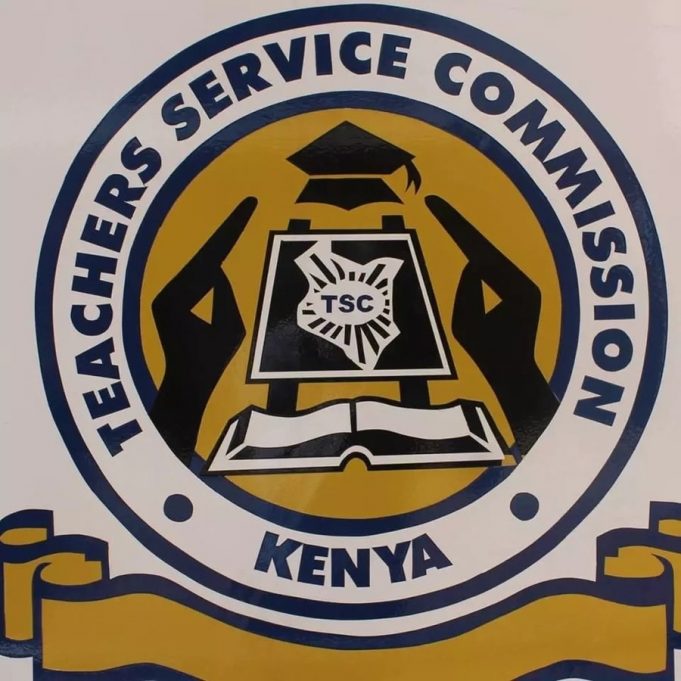Ensuring the safety and well-being of learners in schools is paramount for their holistic development and academic success. Article 53 of the Kenyan Constitution, along with relevant legislation such as the Teachers Service Commission (TSC) Act of 2012 and the Education Act, provide clear guidelines and protections against inhumane treatment or punishment.
- Bullying: Schools must take proactive measures to eliminate all forms of bullying, including physical, verbal, or psychological harassment. Student leaders should not have the authority to punish other students.
- Corporal Punishment: The use of corporal punishment is strictly prohibited, and any teacher found administering it may face disciplinary or legal action. Keeping canes or other implements for punishment is considered a professional offense.
- Forced Repetition: Learners should not be forced to repeat grades, as it is against the Basic Education Act. Instead, they should be supported in transitioning to the next class and completing each educational cycle.
- Holiday Tuition: Schools must adhere to specific term dates issued by the Ministry of Education, and learners should not be detained in school during holidays or recalled before official opening dates.
- Prescribed Learning Hours: Schools should ensure that learners adhere to prescribed reporting and leaving times to maintain consistency in education delivery.
- Safety Standards: Physical facilities in schools, including classrooms, dormitories, and playgrounds, should meet safety standards to provide a conducive learning environment.
- Sexual Abuse: Any cases of sexual abuse, whether within or outside the school, should be promptly investigated, documented, and addressed with urgency. Headteachers and teachers have a responsibility to protect learners from sexual abuse.
- Drug and Substance Abuse: Schools should implement stringent measures to prevent learners from being exposed to drug and substance abuse. Guidance and counseling programs should be intensified to educate learners, parents, and guardians about the dangers of substance abuse.
- Harmful Cultural Practices: School authorities should collaborate with law enforcement agencies to address harmful cultural practices such as child labor, early marriages, and exploitation, which may negatively impact learners’ well-being and academic progress.
By prioritizing these issues and implementing appropriate policies and interventions, schools can create safe and supportive environments where learners can thrive academically, socially, and emotionally.


